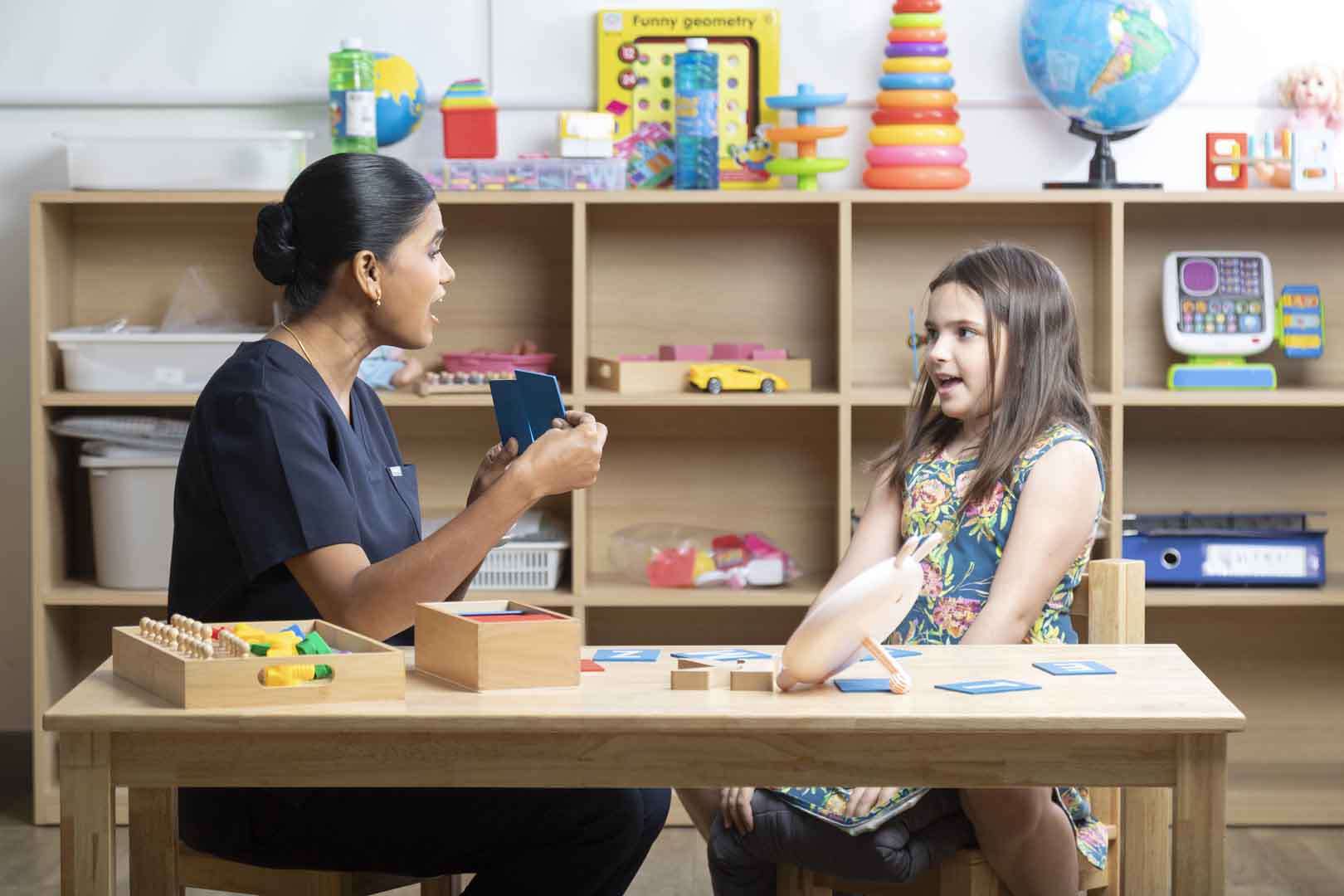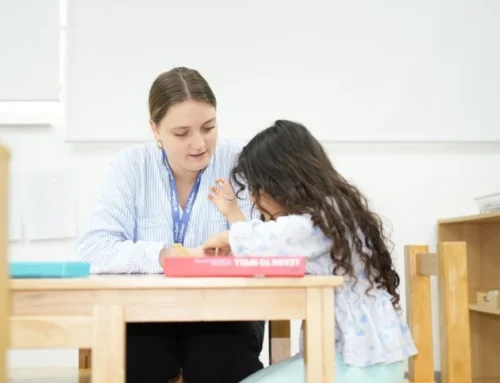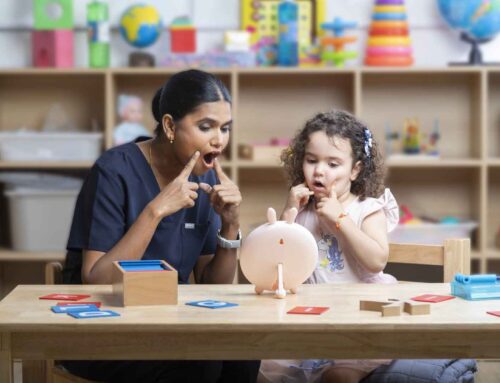How everyday routines can boost communication and confidence in children
At OrbRom Center in Phnom Penh, we believe that speech therapy should extend beyond the therapy room. Real-life experiences — like cooking, shopping, and daily routines — offer rich opportunities to build communication skills naturally and meaningfully. When children practice language in real situations, they learn faster, stay motivated, and develop confidence in their ability to communicate in everyday life.
This approach, known as functional or naturalistic speech therapy, helps children connect words with real actions, emotions, and social experiences — something that structured drills alone can’t always achieve.
Why Real-Life Activities Matter in Speech Therapy
Traditional speech therapy sessions often use flashcards, games, and structured exercises to teach vocabulary and pronunciation. While these are important, integrating speech therapy into real-life settings makes learning more meaningful.
Cooking, shopping, or even getting dressed allows children to experience language as it naturally happens. For instance, asking for ingredients, following directions, or describing actions encourages spontaneous communication — a vital step toward real-world fluency.
This method is especially effective for children in Cambodia, where family and community play central roles in daily life. It helps parents and caregivers participate actively in their child’s therapy journey and strengthens communication both at home and in public spaces.
Cooking Together: Building Language in the Kitchen
Cooking is one of the most powerful tools for developing speech and language skills. It combines sequencing, vocabulary, sensory experiences, and social interaction — all essential for language growth.
When cooking with your child:
-
Label and describe ingredients (“This is flour. It feels soft.”)
-
Use action words (“Pour, mix, stir, cut.”)
-
Encourage requests (“Can you pass the spoon?” or “I want more sugar.”)
-
Discuss steps in order (“First we wash the vegetables, then we chop them.”)
These activities naturally reinforce sentence building and comprehension. For children receiving speech therapy at OrbRom Center, therapists may even recommend cooking-based activities to complement their home practice. It’s a fun way to integrate language goals into everyday family life.
To learn more about structured home exercises, see our guide on Top 10 Speech Therapy Exercises You Can Try at Home.
Shopping and Community Outings: Practicing Real Communication
Grocery shopping or visiting local markets is another excellent setting for speech therapy. Children can learn greetings, requests, and descriptive words while engaging with people outside their usual environment.
Examples of therapy-based language practice during shopping include:
-
Naming and categorizing fruits and vegetables
-
Asking for help (“Excuse me, where is the rice?”)
-
Counting items and identifying prices
-
Making choices (“I want the red apple, not the green one.”)
These real-world experiences teach children how to use communication skills spontaneously, not just in a clinical setting. For children with autism, ADHD, or developmental language disorders, these activities help generalize learned skills to community settings — a key goal of speech therapy in Phnom Penh.
Beyond Cooking and Shopping: Everyday Routines as Learning Moments
Speech therapy doesn’t stop when a session ends. Simple activities like setting the table, folding clothes, brushing teeth, or bedtime routines provide consistent opportunities for practice.
During morning or bedtime routines, parents can:
-
Encourage following directions (“Put your toothbrush on the sink.”)
-
Ask open-ended questions (“What did you dream about?”)
-
Build narrative skills (“First we got ready for school, then we had breakfast.”)
These daily tasks make learning consistent, structured, and relevant to the child’s environment. They align closely with OrbRom Center’s philosophy of functional, play-based learning, where therapy becomes a part of the child’s life rather than a separate task.
For more ideas, read 5 Everyday Activities That Support Speech and Language Growth.
The Role of Parents and Therapists
At OrbRom Center, our speech-language pathologists work closely with families to design individualized therapy plans. These may include cooking tasks for articulation, shopping trips for social communication, or household chores for sequencing and comprehension.
Our therapists provide guidance on how parents can model correct language, encourage responses, and celebrate small wins. This teamwork between therapists and caregivers is what drives long-term success.
If your child is receiving both speech and occupational therapy, we may also combine sensory and motor elements into these real-life activities — for example, using cooking to support fine motor control or social participation.
Conclusion
Speech therapy through cooking, shopping, and everyday routines turns daily life into a learning playground. For children in Phnom Penh and across Cambodia, these activities offer a natural and engaging way to practice language, improve social communication, and build independence.
At OrbRom Center, we believe communication grows strongest when it’s practiced in real-world settings. Whether in the kitchen, at the market, or during bedtime stories, every moment is a chance to connect, learn, and thrive.
We are the only Preschool specialized on children with special needs in PhnomPenh.
- Internationally qualified teachers
- Cambodia’s largest sensory room
- Outdoor swimming pool
- Covered outdoor playground
📞 Phone: 077.455.993
Telegram Link: https://t.me/OrbRom





